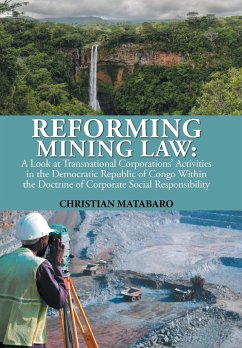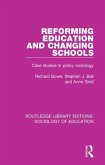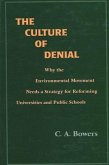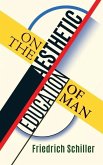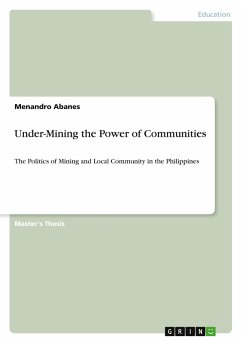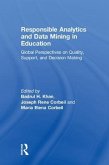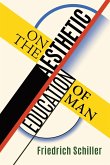The Democratic Republic of Congo is endowed with immense mineral wealth. Its minerals include cobalt, copper, diamond, gold, iron, manganese, tantalum, tin, tungsten, and zinc. Yet the contribution of mineral abundance to the country's economic development is poor. The Congolese mining sector was initiated in 1905 with the creation of OKIMO (Office des Mines d'or de Kilo Moto) and UMHK (Union Minière du Haut-Katanga). The rapid development of mining companies improved economic growth until 1973, when President Mobutu introduced a variety of inadequate economic policies, including zairianization and radicalization, that slowed down economic development. The actual mining code was adopted in 2002 to enhance a mining sector that already collapsed. This study suggests a variety of mechanisms and measures that are meant to energize the Congolese mining sector and, hence, allow the country to benefit entirely from its mineral abundance.

